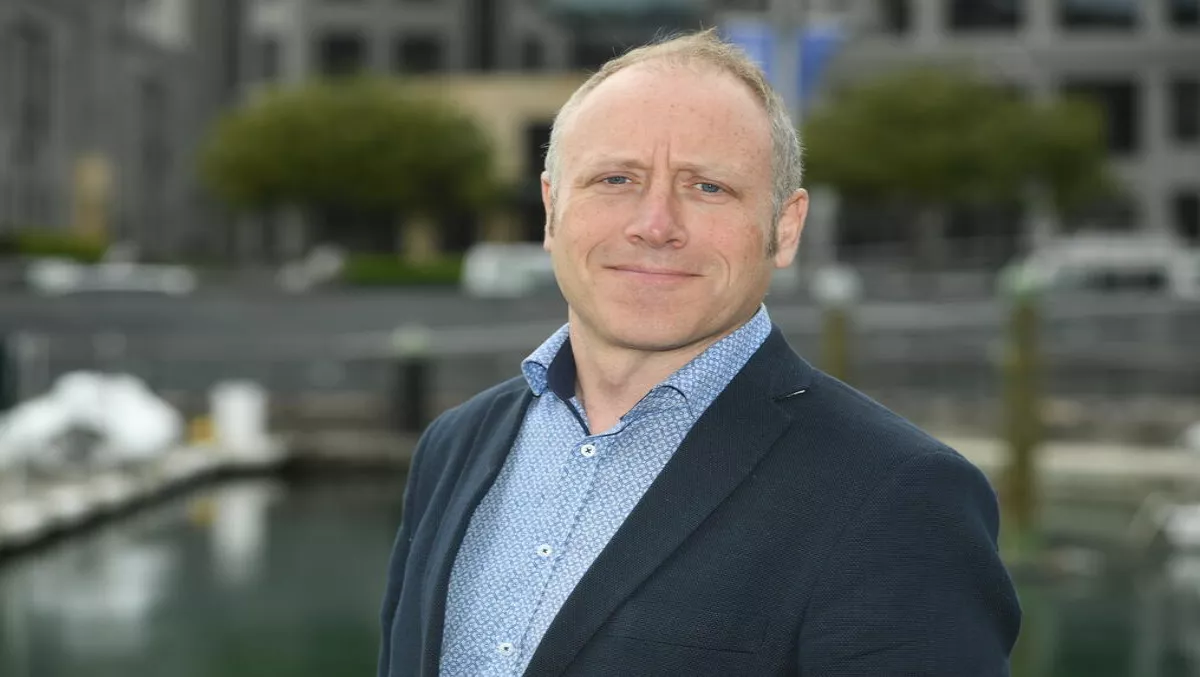
The AI tidal wave is coming, but it won't be as destructive as people think
Artificial intelligence is coming to town – and despite the unshakeable rumours that it will destroy millions of jobs, new research suggests that AI won't be different to any other tech-driven change in recent times.
It will, however, impact some people's jobs as it delivers economic growth and productivity. According to NZ AI Forum executive director Ben Reid, jobs change all the time.
"To put it into perspective, according to data from Statistics New Zealand, thousands of jobs are churned each year due to constant changes in work tasks and roles. Every year businesses change the number and type of jobs they need in order to be successful. When jobs are no longer needed by firms, workers lose their jobs and most find other work suited to their capabilities or retrain," he explains.
Next month a research report commissioned by the AI Forum will be released to the public. It analysed 50 international papers on the potential impacts of AI and automation and suggests that AI-driven job displacement will have a relatively modest influence.
"The study found that AI is expected to generate billions of dollars of economic growth through labour efficiencies alone by 2035. AI and automation will free people up to focus on more complex, higher-value tasks in their jobs," Reid says.
The worst case scenario would represent up to 10% of the total natural job churn over the next 40 years, the report suggests.
"Based on our analysis, there is no obvious reason why existing labour market support policies would not be able to cope. It will be more about changes to jobs as automation alters the tasks within a job and the skills needed, rather than the entire job being lost," Reid explains.
"These job changes occur as the technology allows more productive solutions to enter the market. New Zealand's economic growth is predicted to soar if we can embrace AI.
Reid adds that fairness, transparency, and accountability will be key challenges associated with AI in the future, and it's time to start having those discussions.
More than 120 New Zealand organisations are actively involved in AI projects, including Soul Machines and FaceMe, as well as the Cacophony Project that uses AI to help New Zealand become predator-free.
"Quite simply, the future is looking bright for New Zealand businesses when they begin integrating new AI technologies into their products and services," Reid says.
"Most Kiwis are already using AI and don't even realise it, as the technology has become mainstream in our phones, the websites we visit and even how traffic is directed," he concludes.


